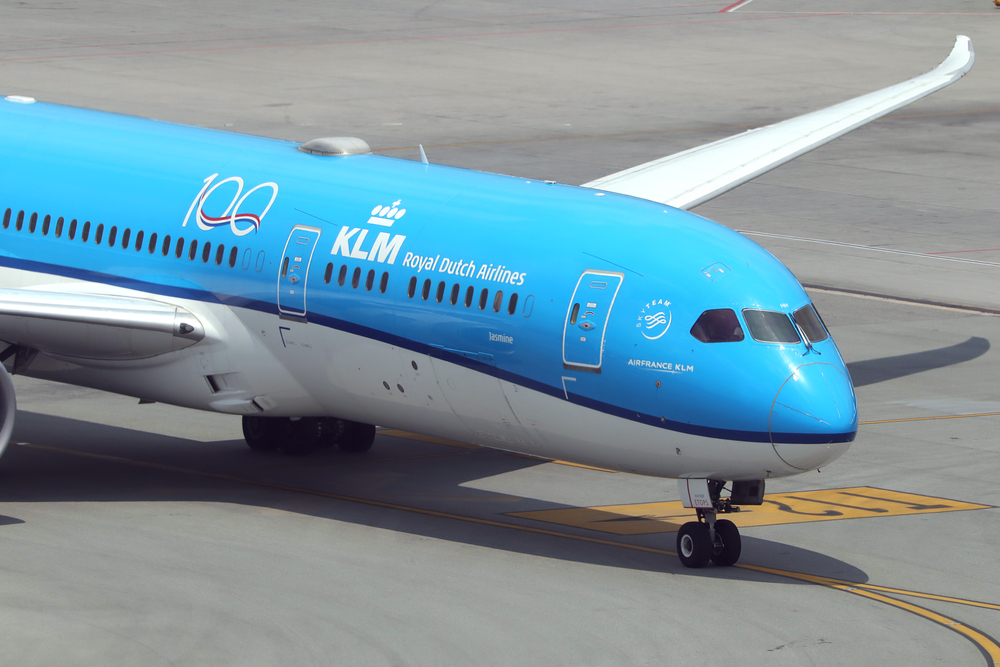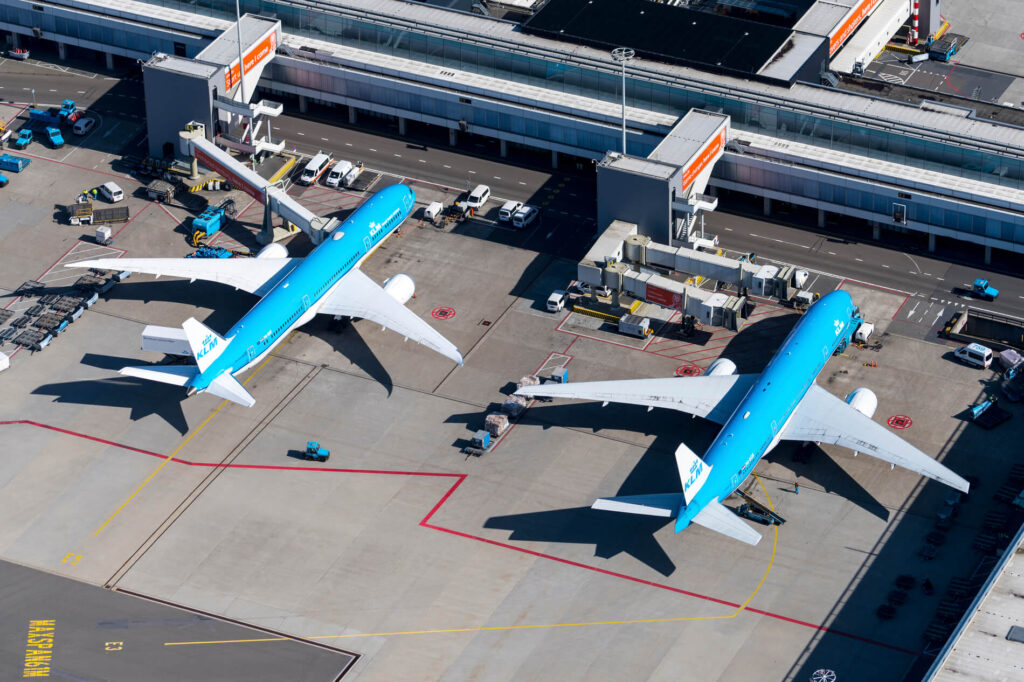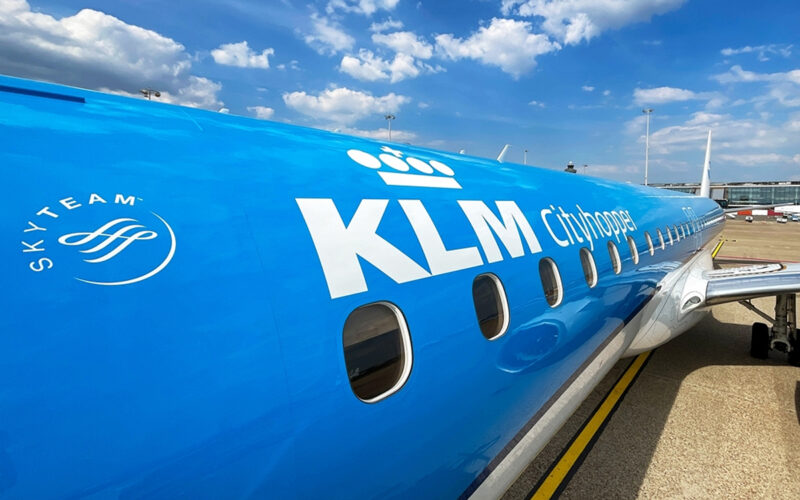Dutch national carrier KLM has announced it will be undergoing a root-and-branch reorganization in a bid to boost its profitability by €450 million ($495 million) per year. In a statement issued by the airline, it said that the company was reviewing a range of different areas of its business amid rising costs and staff shortages that have plagued the airline since the pandemic.
“Like many other airlines, KLM is suffering from high costs and shortages of staff and equipment,” said KLM CEO Marjan Rintel.
“Our aircraft are full, but our capacity is still not back to pre-COVID levels. To meet its targets and continue being a good choice for customers and employees, the airline has to make clear and decisive choices now,” she said. “This is painful for every KLM colleague, but it is necessary, and it has to be done now.”
Through the reorganization program, the Dutch carrier is aiming to reduce costs while simultaneously boosting revenue to realize a profit margin of about 8% over three years starting in 2026.
“These measures include increasing productivity, simplifying the organization, cutting costs, and deferring or postponing investments,” the airline said, although job losses are not expected at this time.
For the first half of 2024, KLM saw a €31 million ($34.1 million) loss compared to a €129 million ($142 million) profit during the first half of 2023. This was despite gross revenue rising by €400 million ($440 million) to €6 billion ($6.6 billion). In the same period, the KLM Group, which includes subsidiaries Transavia Airlines, Martinair, and KLM CityHopper, saw profits fall short of targets, with €260 million ($286 million) in earnings versus €3.2 billion ($3.5 billion) in revenue.

The KLM Group’s 2023 profit fell to €650 million ($715 million) in 2023, a drop from €706 million ($776 million) a year previously. This drop was despite a steep increase in revenue from €10.7 billion ($11.8 billion) in 2022 to €12.1 billion ($13.3 billion) in 2023.
KLM will be taking a host of measures to maintain its network and services for customers and protect jobs across the company as much as possible, the airline said. These include increasing labor productivity by at least 5% by 2025 through automation, mechanization, and reducing absenteeism. The airline also aims to resolve the impact of the pilot shortage and ensure that it can operate all intercontinental and European flights with its existing pilot workforce.
The airline has been reducing the number of flights it can operate due to a shortage of engineering staff and a lack of parts. However, according to the airline, “measures are being taken to reduce the number of cancellations. If this does not yield sufficient results, options to partly outsource maintenance will be examined.”

Elsewhere in the business, all investments except those in occupational safety and compliance will be reconsidered and postponed. This will affect the construction of a new headquarters building and engineering/maintenance buildings.
As part of the cost-cutting, the airline plans to improve the customer experience through the investment of existing and rollout of new onboard products. According to the carrier, trials are currently underway with an expanded catering offer and optimization of aircraft layouts, aimed at increasing revenues by at least €100 million ($110 million) a year.
Although the company states its flights are full, it is examining ways that its aircraft cabins may be reconfigured to carry more passengers and generate better yields.
What does KLM say?
“The measures we are announcing today contribute to increasing our revenues and lowering our costs,” said Bas Brouns, Chief Financial Officer at KLM. “This will strengthen our cash position and improve our financial management. This will enable us to realize the planned billion-dollar investments in fleet renewal and customer experience improvement.”
“In the coming years, KLM will replace older aircraft with a quieter, cleaner, and more fuel-efficient fleet. In doing so, we will also meet the agreements with the government and reduce noise pollution for Schiphol’s local residents,” he added.
The steps being taken by the airline are “to simplify the organization, achieve more synergy, get rid of overlap and overhead. One example is the planned reorganization of flight services and training organizations,” said a KLM statement. Additionally, the carrier will be exploring options for outsourcing, divesting, or discontinuing activities that do not directly contribute to flight operations.
“Our goal is and remains running a healthy, future-proof KLM,” said CEO Rintel. “We will do everything we can to maintain our network and services for our customers and protect jobs throughout our company.”

